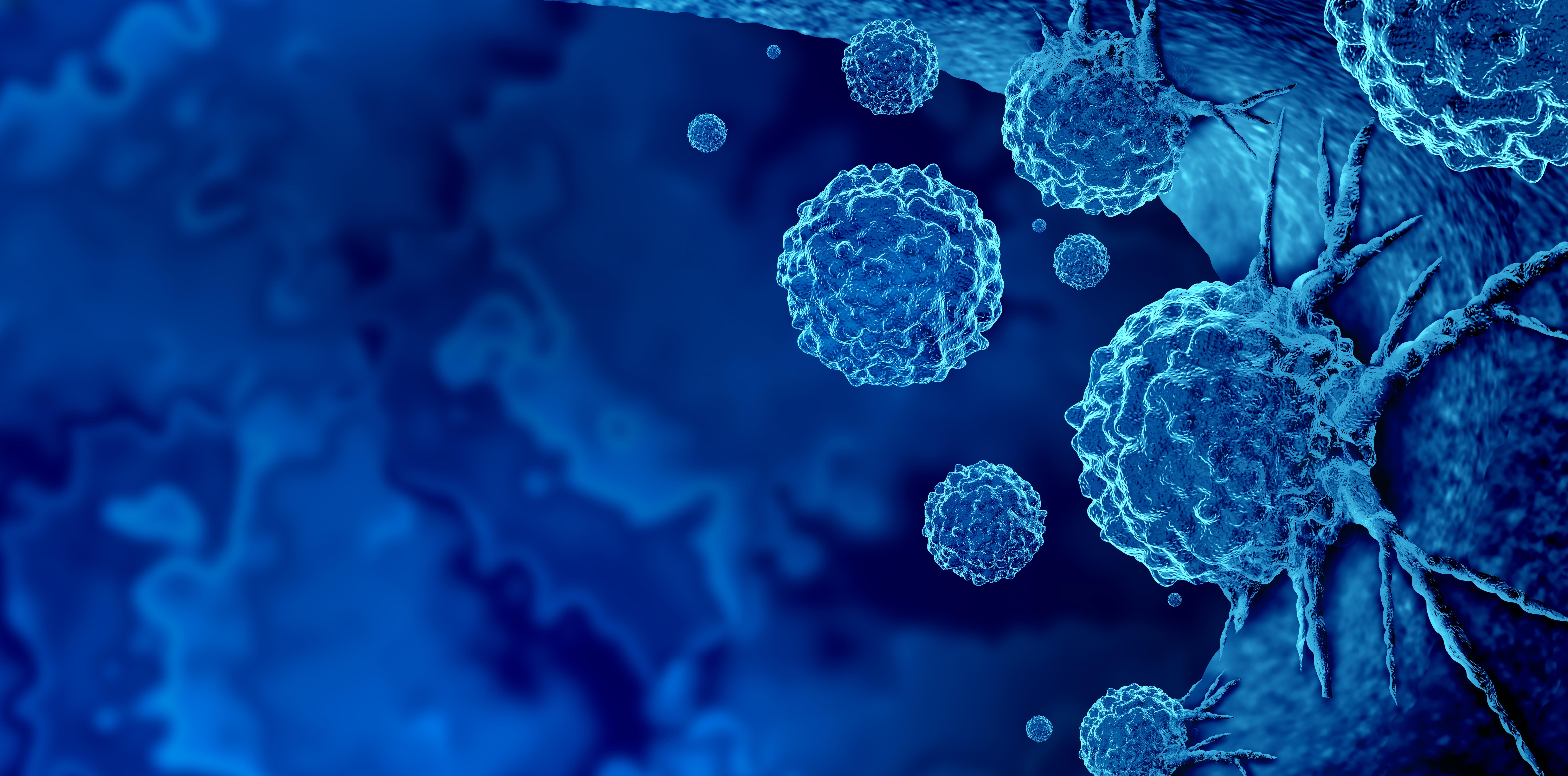Cancer is a particularly costly disease, not just in terms of the required medical treatments, but also the loss of human life and impact on society as a whole. The disease accounted for nearly 10 million, or nearly one in six, deaths worldwide in 2020, and this figure is expected to rise to 16 million by 20401.
While the most prevalent type of cancer in 2020 was breast cancer with around 48 prevalent cases per 100,000 population, lung cancer is by far the deadliest type of cancer2. Worldwide, the incidence rates for cancer are expected to increase from just under 20 million new cases per year in 2020, to over 30 million new cases per year by 20403. By the year 2022, global oncology spending is estimated to reach over US$200 billion, compared with US$148 billion in 20194.

Advanced and Accessible Detection
In the global battle against cancer, BGI is pulling its weight. BGI researchers have used the latest genomic sequencing techniques to understand more about how tumors are created and develop and how they can differ by individual. This has led to a comprehensive range of screening and detection solutions, from genetic risk assessments and detection kits to post-treatment monitoring of the disease.
One important tool to fight this disease is assessing your cancer risk. The purpose of genetic risk assessment is to identify individuals with an elevated cancer risk who may benefit from genetic testing, additional screening or preventive interventions.
With this goal in mind, BGI SENTIS™ Comprehensive Hereditary Cancer Panels target genes previously linked to a predisposition of cancer. They provide information on 79 genes associated with 24 different types of hereditary cancer, including some of the most commonly occurring cancers such as hereditary breast, ovarian, colorectal, pancreatic, prostate, and stomach cancer.
The next key step is detection. Screening refers to the process of checking for cancer – or for abnormal cells that may become cancer – in people who have no symptoms. Screening tests have been shown to detect cancer early and reduce the chance of death from the disease.
Last year, BGI’s three cancer screening solutions – its colorectal cancer screening test, as well as lung cancer library reagent and pan-cancer library reagent detection kits – were awarded the European CE mark.
Last month, BGI’s BRCA1 and BRCA2 Gene Mutation Detection Kit was also approved by the Saudi Food and Drug Authority (SFDA). The kit is able to identify and classify genetic variants of the breast cancer 1 (BRCA1) and breast cancer 2 (BRCA2) genes, which are most commonly affected in hereditary breast and ovarian cancers.
State-of-the-art Post-Treatment Monitoring
For a chronic disease like cancer, post-treatment monitoring and diagnosis is equally critical. This is where the BGI/Natera Signatera® assay plays an important role in patient care. Offered in China through a partnership between BGI and Natera, this technology has been used in numerous clinical studies across non-small cell lung, bladder, breast and colorectal cancers, to identify molecular residual disease (MRD) up to two years earlier than standard imaging.
MRD refers to the small number of cancer cells that remain in the body after treatment. As such cells may become active and multiply, causing a relapse of the disease, Signatera® can detect any recurrence earlier and help doctors optimise treatment decisions, thus bringing greater survival benefits to patients.
Genomics research in the last decade has helped to further the scientific community’s understanding of how different types of cancerous cell behave in different environments. With continued global co-operation of the research community, every small step that we take in the global fight against cancer brings us closer to saving more lives, creating a more personalized approach to cancer treatment, and giving patients the world over better quality of life.
Reference:
1. https://www.statista.com/topics/8292/cancer-worldwide/#dossierKeyfigures
2. https://www.statista.com/statistics/1031198/cancer-prevalence-rates-worldwide-by-type/
3. https://www.statista.com/statistics/1031316/new-cancer-cases-forecast-worldwide/
4. https://www.statista.com/statistics/696208/oncology-costs-worldwide/



